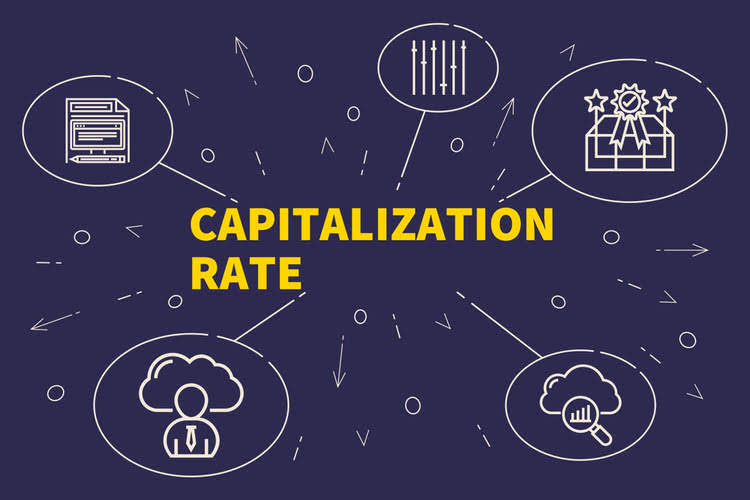Is an entry made for outstanding checks when preparing a bank reconciliation?

Cashier’s checks are considered “official checks” that are backed by an issuing bank. An outstanding check is a check that has been written but not yet cashed or deposited, while a cleared check is a check that has been recognized by the bank and deducted from the account balance. When you write a check to vendor, the bank has no idea the check has been written. Once the check has been deposited or cashed by your vendor, your bank will debit your account and mark it as a cleared check on your next statement. You are entirely dependent on when the vendor decides to cash the check. Bounced checks result when there is not enough money in the account to cover the check amount.
Get up to $300 when you bank with SoFi.

Check to see that the contact information is correct, as checks may go missing simply because of an incorrect mailing address. It is imperative for an issuer to provide payees with timely communication regarding the issuance of a check as well as any pertinent details as soon as possible. This makes it easier to set expectations and gives them the opportunity to plan properly.
Inflated Account Balance
A check becomes outstanding simply by not being cashed or deposited. A check that was written moments, weeks, or even months ago is considered outstanding if it has not yet been cashed or deposited. Businesses must track outstanding items outstanding checks to avoid breaking unclaimed property laws. If payments to employees or vendors remain uncashed, they eventually must turn over those assets to the state. This typically occurs after a few years, but timetables vary from state to state.
- Some checks become stale if dated after 60 or 90 days, while others become void after six months.
- An outstanding check is a check that a company has issued and recorded in its general ledger accounts, but the check has not yet cleared the bank account on which it is drawn.
- This means it is en route to becoming available funds in the payee’s bank account, but it’s just not quite there yet.
- It may simply be that checks are not a good payment method for the payee.
Should You Write Another Check?
Some checks become stale if dated after 60 or 90 days, while others become void after six months. Yes, checks that are not cashed or deposited within a specific timeline (usually 6 months) can become void depending on the issuer’s policy. An outstanding check is a financial instrument that has been written by an entity but has not been cashed or deposited by the recipient yet. An outstanding check remains a liability of the payer until such time as the payee presents the check for payment, which then eliminates the liability. An outstanding check refers to a check that has already been issued to the recipient. With this in mind, it can take as long as six months to get an outstanding check withdrawn from your account.
- Best practices for managing and clearing outstanding checks include regular bank statement reconciliation, promptly voiding or canceling unused checks, and maintaining proper record-keeping.
- Outstanding checks are deposited into a bank account once they are deposited by the recipient and processed by the receiving bank.
- However, having to cancel or put a stop payment on a check can be costly.
- Unless otherwise stated, most checks are good to cash within 180 days.
- When the company prepares a bank reconciliation, the outstanding checks are subtracted from the bank statement balance in order to determine the correct or adjusted bank balance.
- If the funds have not been withdrawn or cashed by the payee, the company’s bank account will be overstated and have a larger balance than the general ledger entry.
Communicating Outstanding Checks to Payee
All else being equal, it is safest if a check is deposited as fast as possible to avoid tampering with the instrument. Outstanding checks are deducted from the bank’s balance in the reconciliation process because the bank would not yet know about them or have deducted them from the account. For individuals, the risk lies in overspending and the potential for overdraft fees should the outstanding check be presented for payment unexpectedly. Delayed action can result in the check becoming stale dated, usually after six months, depending upon the bank. While there are many risks with outstanding checks, there are simple steps you can take to avoid them. Fortunately, banks don’t have a legal obligation to honor checks written more than six months in the past.
A money order is a type of check where the issuer provides the funds upfront, and the money is therefore guaranteed. Domestic money orders don’t have an expiration date, but terms differ from state to state. Check the fine print on the back of your money order for specific terms.
- If the check is older than six months, the check may be stale or void.
- Shaun Conrad is a Certified Public Accountant and CPA exam expert with a passion for teaching.
- It may be necessary to issue a new check without getting the old check back if the original check was lost or destroyed.
- If a payee receives a check and does not present it for payment at once, there is a risk that the payer will close the bank account on which the check was drawn.
- Additionally, banks typically charge fees when a stop order is issued, so before taking this action it’s important to confirm the related fees.
- As a result, the payee could get charged their own overdraft fees if they were counting on that money and spent it.
Checks are simple financial tools that depend on both the payor and payee to take action to complete the payment. Outstanding checks that remain so for a long period of time are known as stale checks. Last, outstanding checks might have an impact on management of the cash flow. Outstanding checks also have the risk of being used in fraudulent conduct. Someone else could be able to change the payee name or the amount if a check is misplaced or stolen before it is taken to the bank.
An outstanding check represents a check that hasn’t been cashed or deposited by the recipient or payee. One state is that the payee has the check but hasn’t deposited or cashed it. The other state is that the check has not yet reached the recipient https://www.bookstime.com/ and is still in the payor’s bank-clearing cycle.An outstanding check is a liability for the person (i.e., payor) who has written the check. They must make sure that enough money remains in their checking account to cover the check until it is paid.
